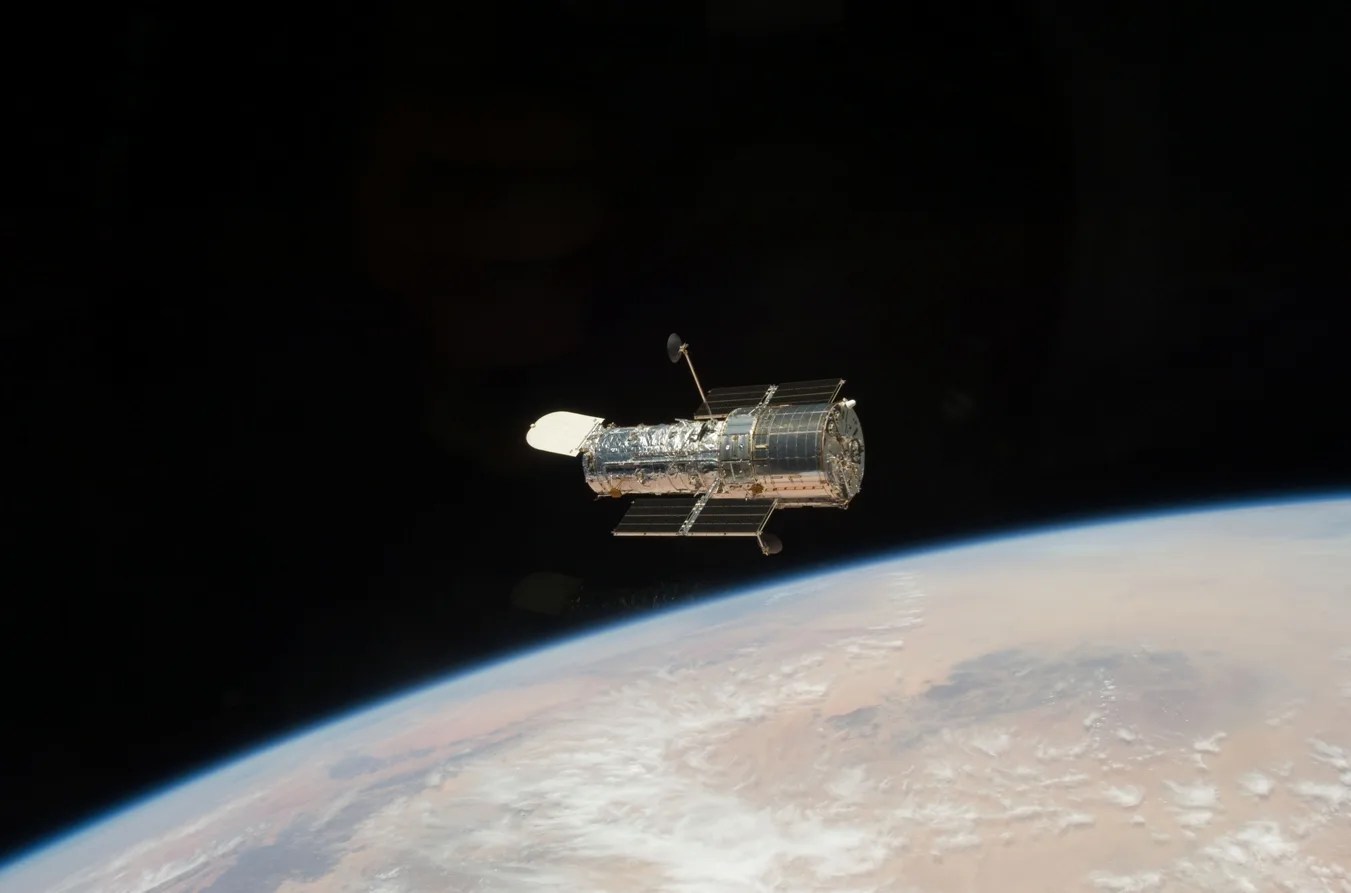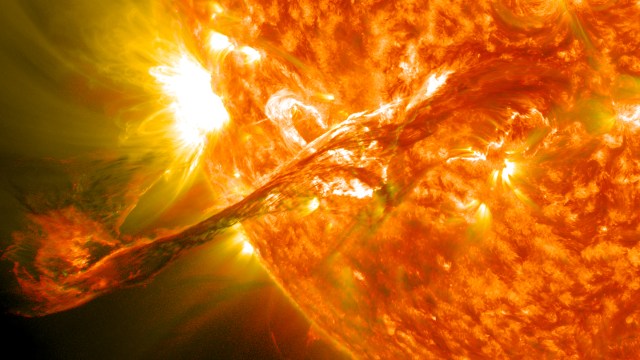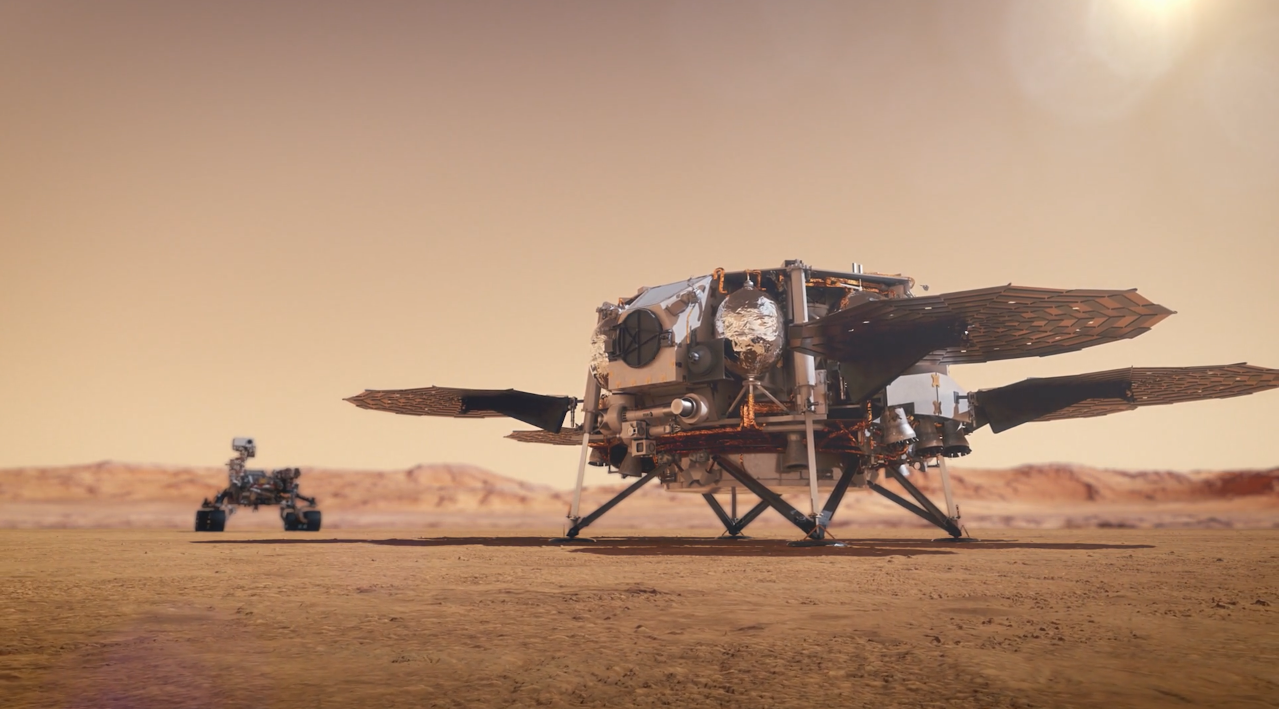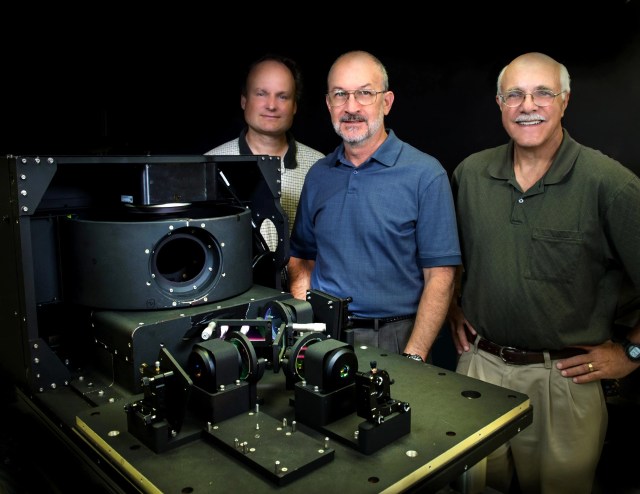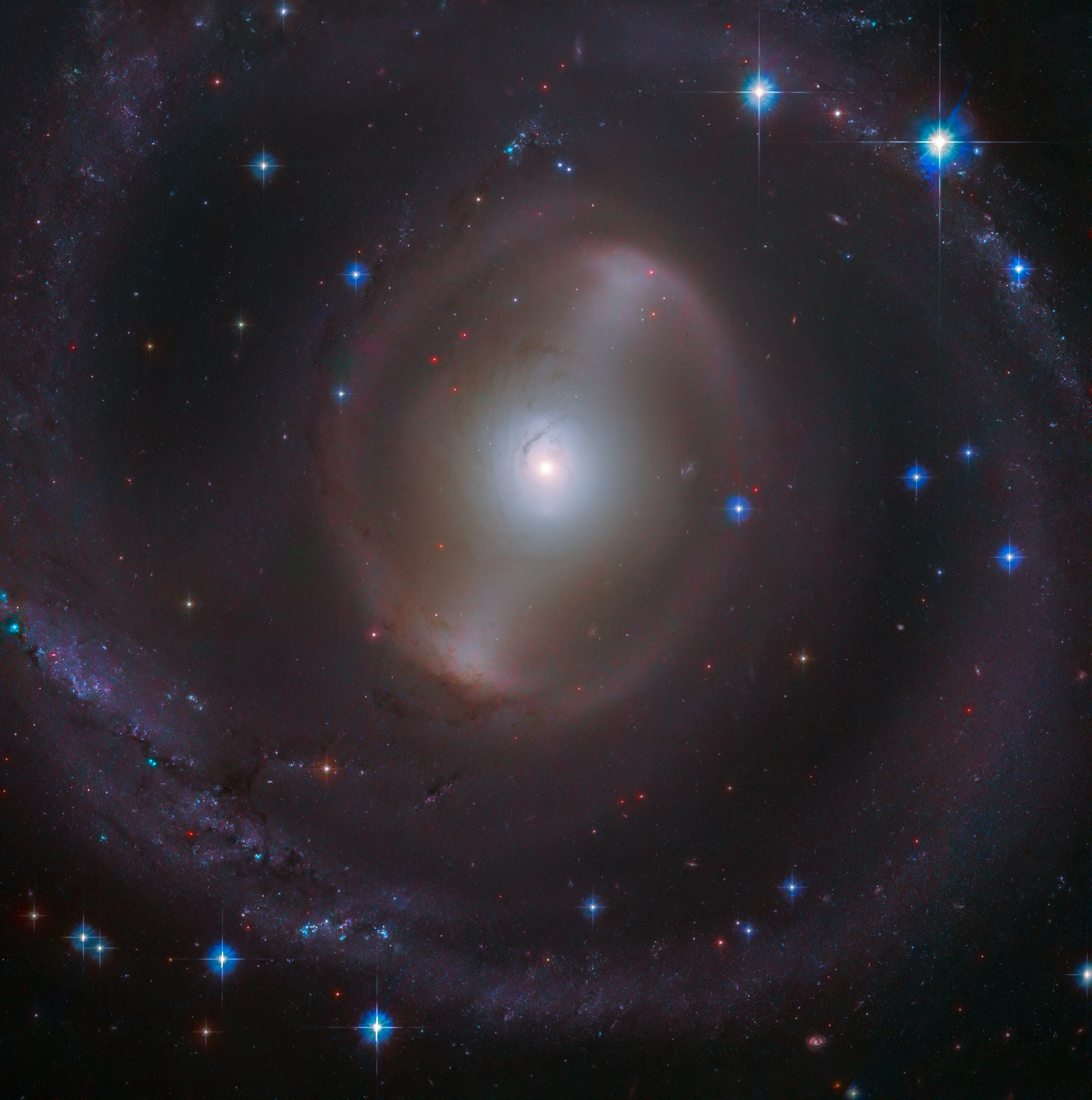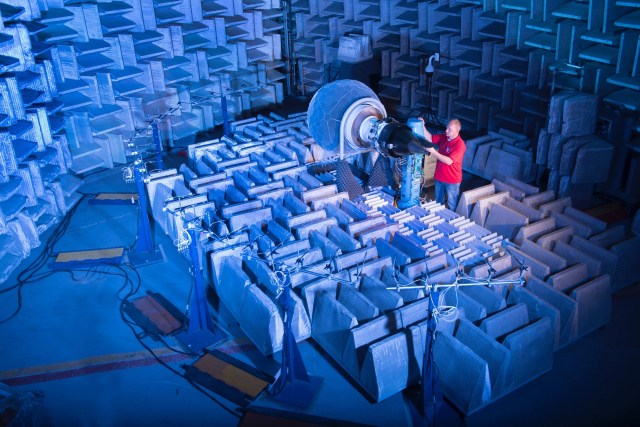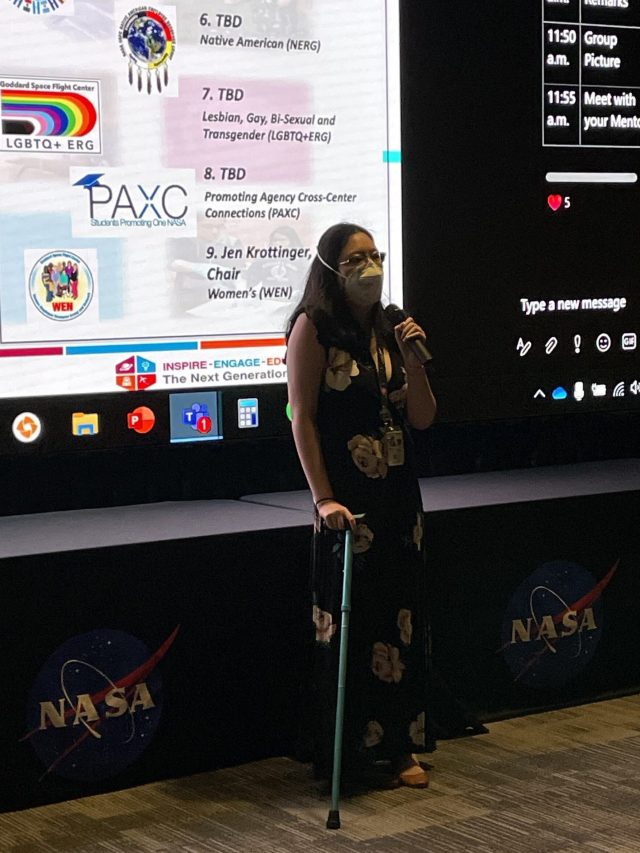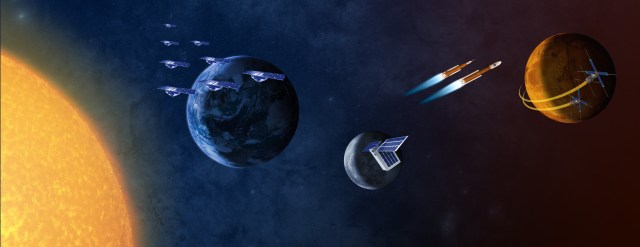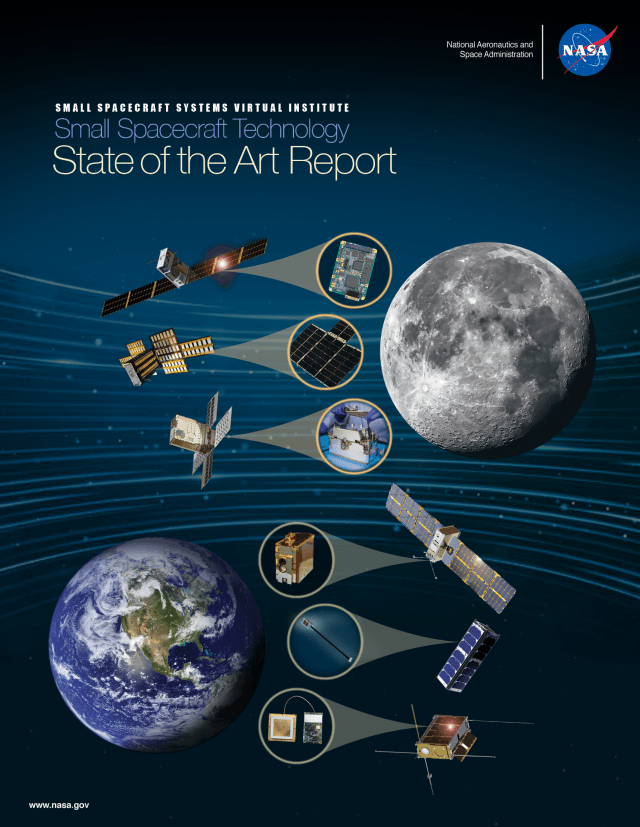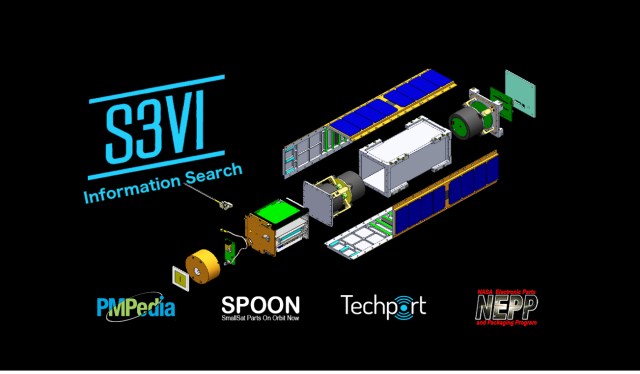Small Spacecraft Community of Practice
Subscribe to receive announcements for the Small Spacecraft Systems Virtual Institute’s (S3VI) monthly webinar series and quarterly newsletter here. We look forward to your participation!
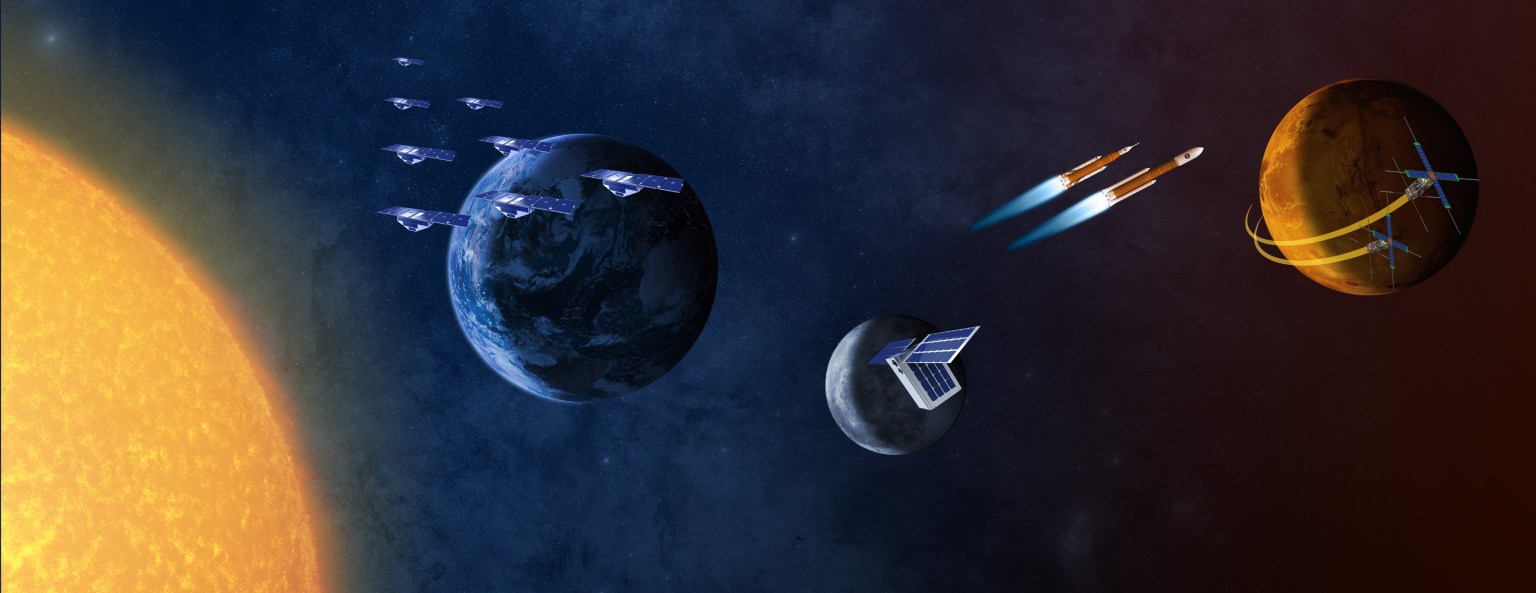
Optical Reference Calibration CubeSat (ORCASat) Mission Lessons Learned
Speaker: Afzal Suleman, University of Victoria, Canada
Wednesday, February 14, 2024
10:00AM-11:00AM Pacific Standard Time
Click here to download the presentation slides.
Please contact Julianna.L.Fishman@nasa.gov if you experience issues with the audiovisual connection to this webinar.
Abstract: The Optical Reference Calibration CubeSat (ORCASat) is a 2U CubeSat that was designed and built in-house by students at the University of Victoria. ORCASat was British Columbia’s submission to the Canadian Space Agency CubeSat Project (CCP), it was UVic’s first CubeSat, and the first student-built CubeSat in BC to be launched into space. The objective of this nanosatellite mission were student education and technology demonstration for space science. Primarily, the ORCASat project intended to train highly qualified personnel for the Canadian aerospace industry by giving undergraduate and graduate students an unparalleled opportunity to participate an actual space mission as part of their education. To facilitate this learning opportunity, a scientific mission was also undertaken, which was demonstrating new technologies for calibrating Earth-based telescopes by providing a calibrated reference light source in low earth orbit. After nearly four years of development, ORCASat was successfully deployed into low earth orbit from the International Space Station in December 2022. The UVic team was able to contact the satellite almost immediately after deployment and operated the satellite for six months before atmospheric re-entry in July 2023. The mission was a success, giving many students unparalleled experience, and space qualifying a student-built satellite bus and ground station which will serve the University of Victoria for future satellite missions.
Bio: Afzal Suleman. Canada Research Chair (Tier1) and Professor, Director – Center for Aerospace Research, University of Victoria (2000-Present. BSc (Honours) and MSc in Aeronautical Engineering, Imperial College, U. London, UK. PhD in Space Dynamics (1992) from the University of British Columbia, Canada. International Space University, Advanced Space Studies Program, Japan, 1992. National Research Council Fellow, U.S. Air Force Research Labs (1992-1994). National Delegate, United Nations Committee on Peaceful Uses of Outer Space (UN-COPUOS). National Delegate, NATO Applied Vehicle Technology Panel. Member, Canadian Armed Forces Advisory Board (2015-2021). Government of Canada Space Advisory Board (2016-2022). Fellow of the American Institute of Aeronautics and Astronautics. Fellow of the Canadian Academy of Engineers. Member of the Academy of Sciences of Lisbon. Fellow Royal Aeronautical Society. Associate VP Research (2009- 2010), and Associate Dean Research (2005-2009) University of Victoria. Recipient of the NATO Von Karman Medal (2021). Research and development in Aeronautics and Space, with emphasis on Aircraft Design, Aeroelasticity, Aeroacoustics, Multidisciplinary Design Optimization, Advanced Composite Structures and Materials, Autonomous Air Systems, Flight Testing and CubeSats.
S3VI encourages the community to submit questions before the webinar to enable more directed responses. Please send questions to craig.d.burkhard@nasa.gov.


